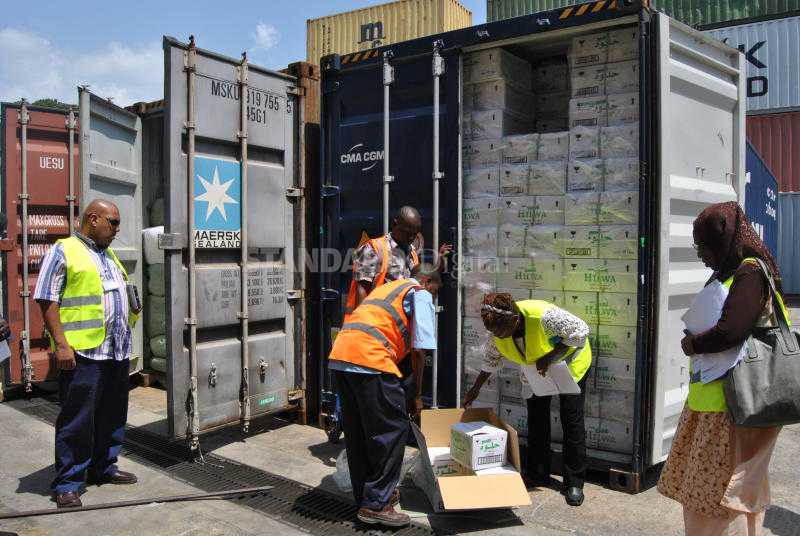
Everybody loves a good bargain, imagine living in a world where electrical products cost a fraction of their original price. Now what if you found out that though fairly priced, the products are manufactured or imported without undergoing any inspections meaning there is no one to question on the ingenuity and safety of the products. Would this still be a good bargain?
Every day, electronic devices continue to transform the world and make human life easier. Living in today’s society would be impossible without electricity and its benefits. We all depend on electricity and the gadgets and tools it powers. It is however extremely concerning that many electrical products that we regularly use, may not be what they appear.